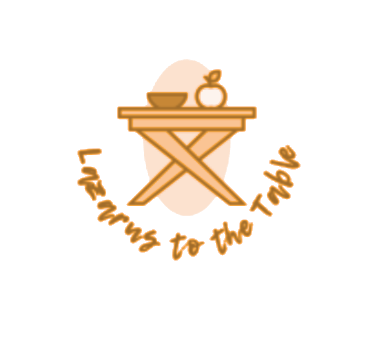Left & right hands#
That donors are generous can be the worst expression of capitalism yet: the money is mine, not the creator’s, so it is entirely my discretion whether to give and how much to give.
If that dark face of capitalism was in motion already in the Old Testament, that is then the unfinished business we have got to resolve—a resolution that is long overdue.
We have been trained to praise givers as generous. On the standard moral CV giving alms is good and not giving is bad, and giving more is better than giving less. The reality is my donations measure not my generosity but my sense of security. How much pension do I need? How many lives do I save for? How many villages do I think I’m feeding? How many illnesses do I ready for?
Overwhelmed by one-way, glossy publicités and donation drives, I feel lost. I’m not a cow, and I’m not lactating. Charities are my hands and feet doing what I wanted but malsituated to do. So why am I assigned that passive, one-way, remote role of an absentee donor? Even in the corporate domain don’t shareholders attend annual meetings, with voting rights?
Can we release Lazarus from under the table? Or do we need him under the table? Are we afraid of feeling lost, not knowing what to do for Ramadan and Lent? Without the poor and the needy, are we going to lose that currency called almsgiving that we use for transacting with the divine for favors? Would we know what to do if there is no more dāna, tzedakah or sadaqah to give?
In his healing ministry when Jesus restored the physiologies of many, he gave without small prints. He set people free; he did not lock them in symbiosis. Jesus put people back on their feet and sent them forth—without signing them up for installments, “Don’t forget to come back for the next packet when this one expires.”
Why then are we telling Lazarus to hang in there? “Let me continue feeding you tomorrow, next week, next month and for all the years to come.”
Recall that riddle. “When you do a charitable deed, do not let your left hand know what your right hand is doing,” we’ve been instructed. That’s even less doable than offering the other cheek. How can that be possible? Whether I told a soul or not one hand necessarily knows what the other is doing. There is only one way to crack this riddle—there is only one possibility that one hand couldn’t know what the other is doing—if we’ve got Lazarus at the table.
That’s the call: get Lazarus to the table. We can’t pretend to have heeded the call just by not bragging about our good deeds. That isn’t it.
